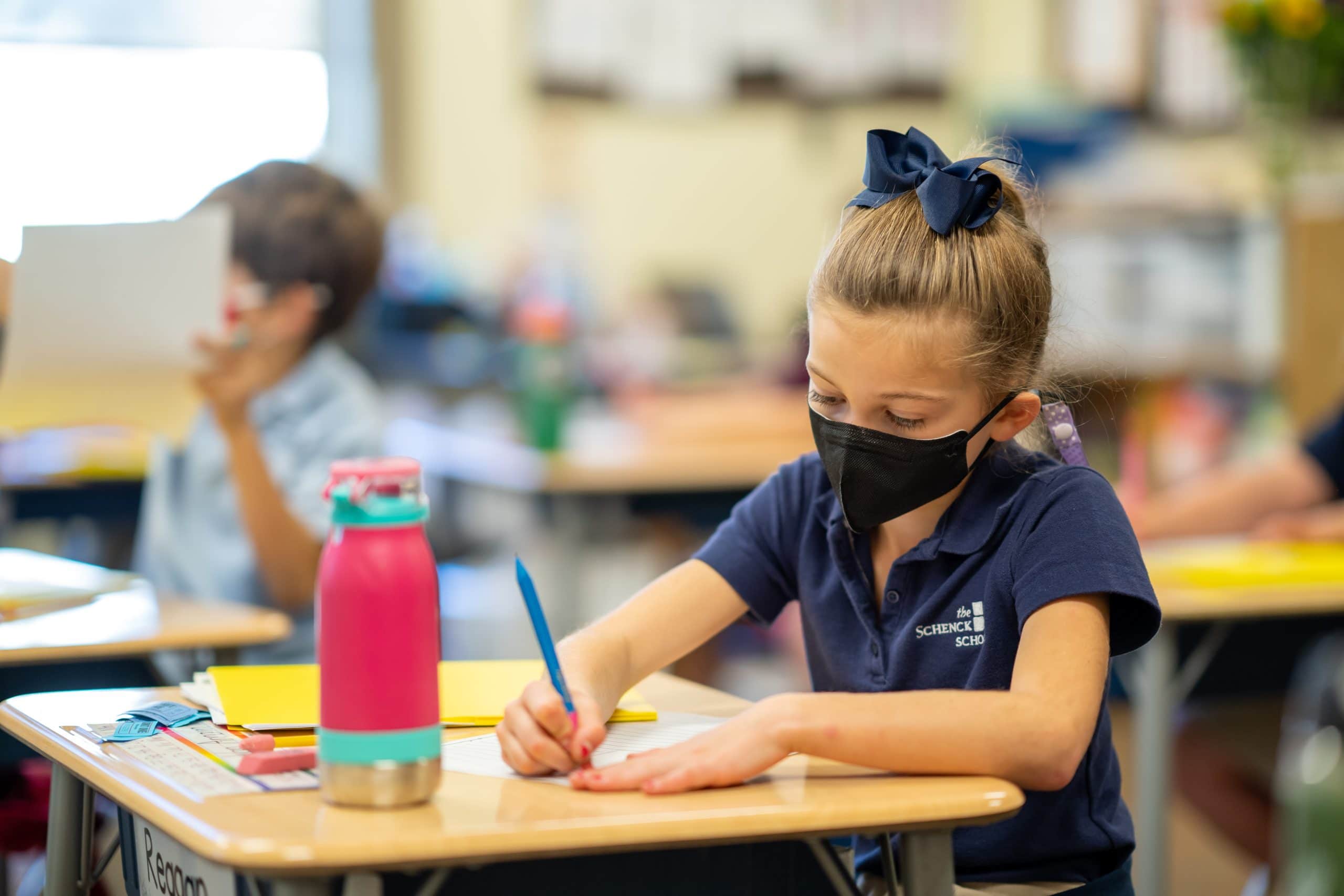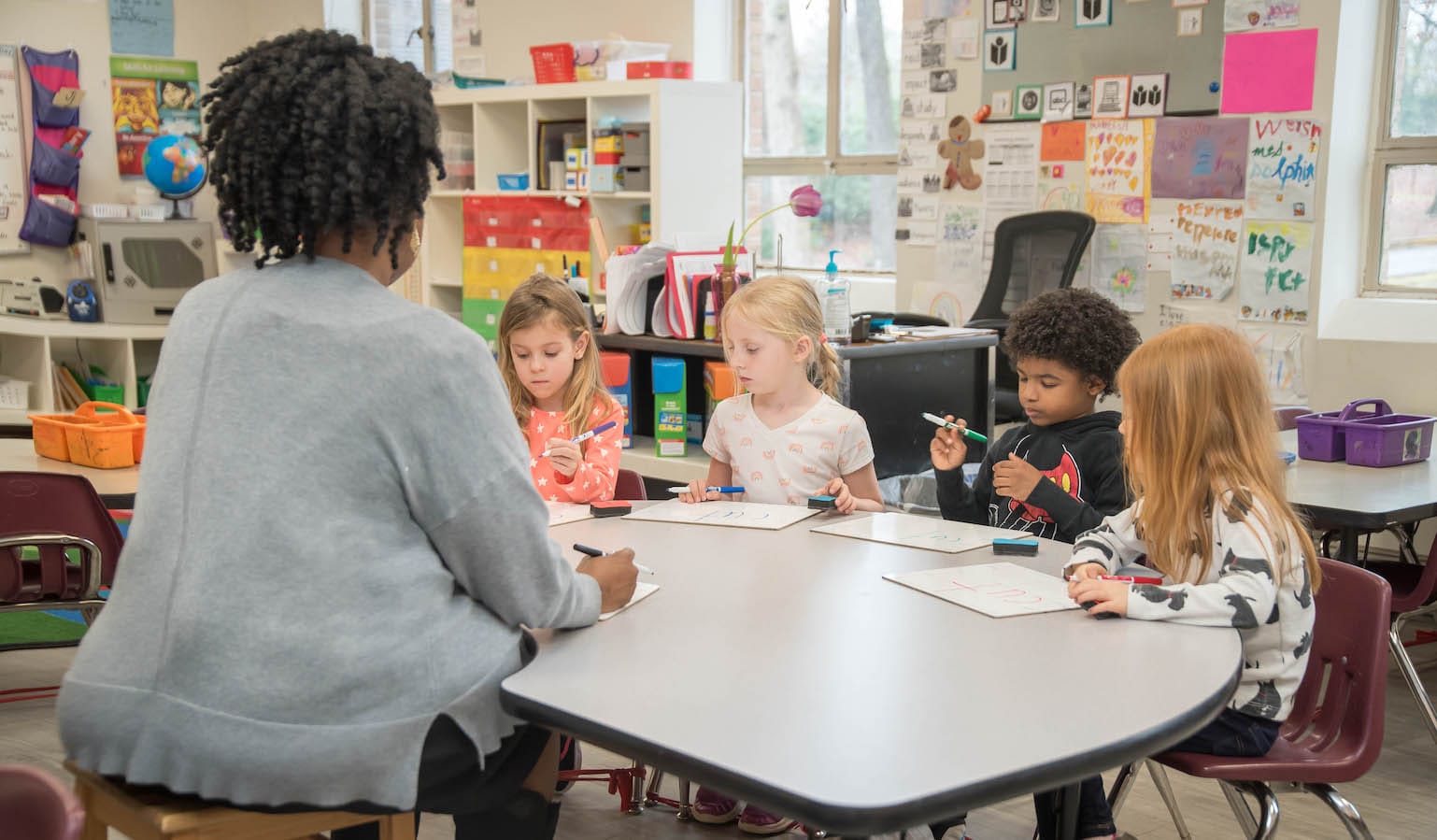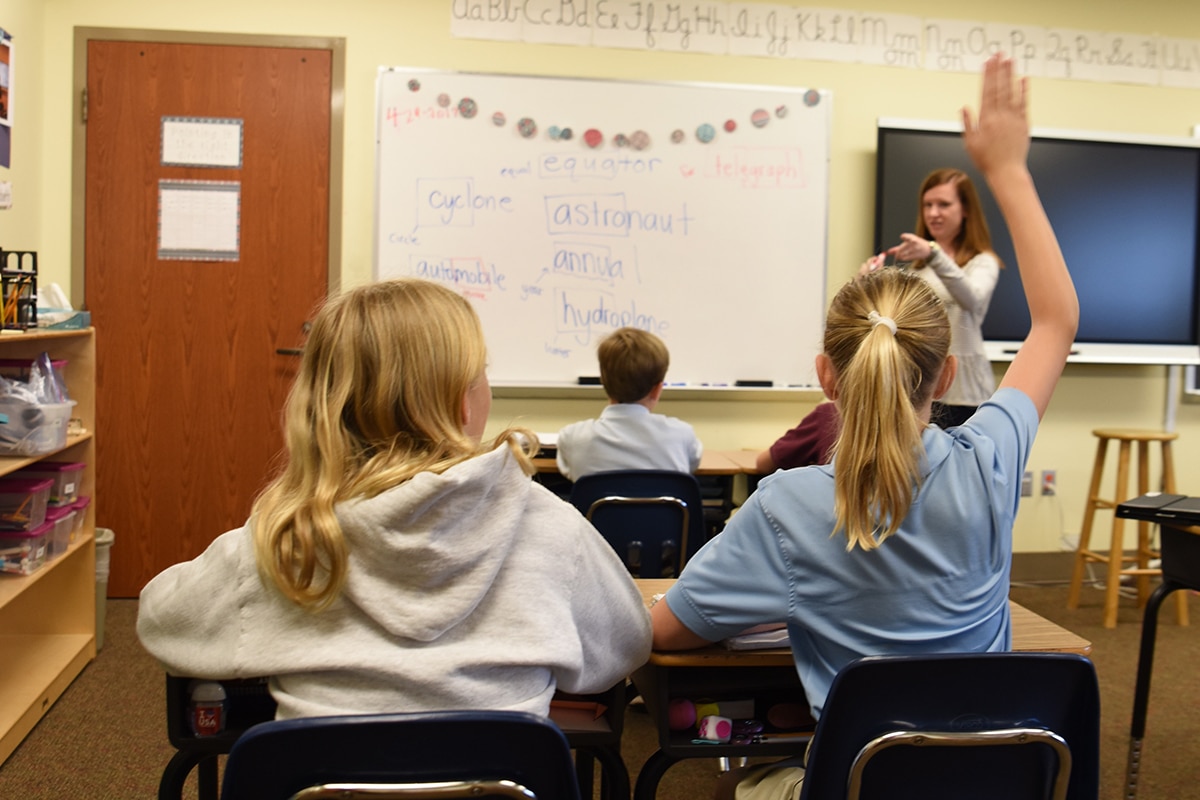Expository writing—writing designed intentionally to educate and explain—is a valuable tool for struggling readers. Working with expository texts helps students organize thoughts, follow a plan, and understand the purpose of writing structures. However, students often find expository writing exercises lackluster in unique subject matters, especially those who struggle to read. So how can teachers overcome these obstacles?
All posts tagged: Teaching Strategies
3 Things to Know About Structured Literacy for Reading Remediation
Students who struggle with reading require strategic and effective instruction that best serves their particular needs. Reading remediation is a great method to address the learning challenges that dyslexic students face. By utilizing remediation techniques, the instructor introduces multisensory, creative approaches to help dyslexic students fulfill their potential. However, before introducing these strategies to students, teachers should know what they entail and how to implement them efficiently. Read below to learn three vital things about reading remediation and how a structured literacy approach helps dyslexic students thrive.
The Importance of the Student-Teacher Connection for Struggling Readers
The relationship between a student and a teacher can significantly mark a learner’s academic journey. Teachers who are attentive to the needs and concerns of their students create important bonds and foster a positive learning environment. Children with learning differences, like dyslexia, significantly benefit from positive student-teacher connections as they face unique challenges in academic settings.
Benefits of Teacher Training for Dyslexia
Educators have an extraordinary opportunity to make a difference in the lives of children each and every day. With this honored position in kids’ lives, teachers also have a desire and responsibility to stay up to date on the best practices for each subject. Teachers can improve their teaching skills through opportunities for continuing education, although it may be difficult to know which teacher training course offers the most benefits for an educator. Read below to learn about some of the benefits of teacher training for dyslexia and how it helps all students–even those without dyslexia!
What is a Dyslexia Specialist?
In the educational system, numerous individuals work to help students behind the scenes and in the classroom. And while teachers and administrators do amazing work to help students with learning differences, there are times when a student with dyslexia needs specialized support to succeed. In some educational settings, a dyslexia specialist can offer the expertise required to help teachers identify undiagnosed dyslexic students and/or provide the targeted interventions those students need. Specialized education can help students with learning differences access helpful tools in school, and a dyslexia specialist can be an important part of the team that makes success possible. Read below to learn more about what a dyslexia specialist does and why it matters with ReadSource.
Which Orton-Gillingham Training Course is Right for You?
Whether you are an invested parent of a dyslexic student or an educator looking for training opportunities, Orton-Gillingham training courses can help individuals learn more about dyslexia and how to provide helpful interventions. From a typical classroom setting to supporting a child at home, understanding the Orton-Gillingham Approach makes it easier to encourage and support members of the dyslexic community. ReadSource is proud to offer a variety of Orton-Gillingham training courses to parents, educators, and groups with a desire to learn more about the principles of the Approach, plus other helpful interventions for struggling readers. Read below to learn which Orton-Gillingham training course is right for you!
Reading Remediation Strategies for Distance Learning
Distance learning has its share of challenges on its own, but educators who provide reading remediation for students online face additional obstacles. When providing remediation for any subject, teachers often rely on physical strategies to keep kids engaged. But when the opportunity for physical interaction is taken away, educators must find new methods to get students interested and provide essential remediation. Read below to learn about successful strategies used to provide reading remediation in a primarily distanced learning world.
Tips to Help Dyslexic Students Prepare for the New School Year
The summer is a time to relax and recharge. However, parents of dyslexic students may find concerns about how their child will perform after a few months out of the classroom. Don’t worry, that’s totally normal! With just a few proactive steps, parents and kids can enjoy their free time over the summer, while also getting ready for everything that comes with a new school year. Follow these tips to help your dyslexic student get a head start before schools start back in the fall.
How to Promote Confidence in a Dyslexic Learner
Parents and teachers may be familiar with some of the more well-known consequences of dyslexia, such as having trouble learning to read or write, but there are also lesser-known effects that can impact students as they learn as well. Children with undiagnosed dyslexia may struggle with confidence if they fall behind their peers in mastering skills like reading and writing. Teachers and parents should be aware of this tendency for dyslexic children to lose confidence in themselves and work to encourage a sense of self-efficacy throughout their time in school. Read below to master some tips on how to help promote confidence in dyslexic learners.
Tips to Support Reading Comprehension at Home
Parents and teachers have enough to worry about in these turbulent times. For parents of dyslexic students, it can feel like your child is losing valuable time to master reading skills, like reading comprehension. Remember, however, that children are also adjusting to these unfamiliar circumstances and may need more time to understand new subjects. Parents and teachers can help children master reading comprehension skills at home by managing their expectations and following these tips.
















